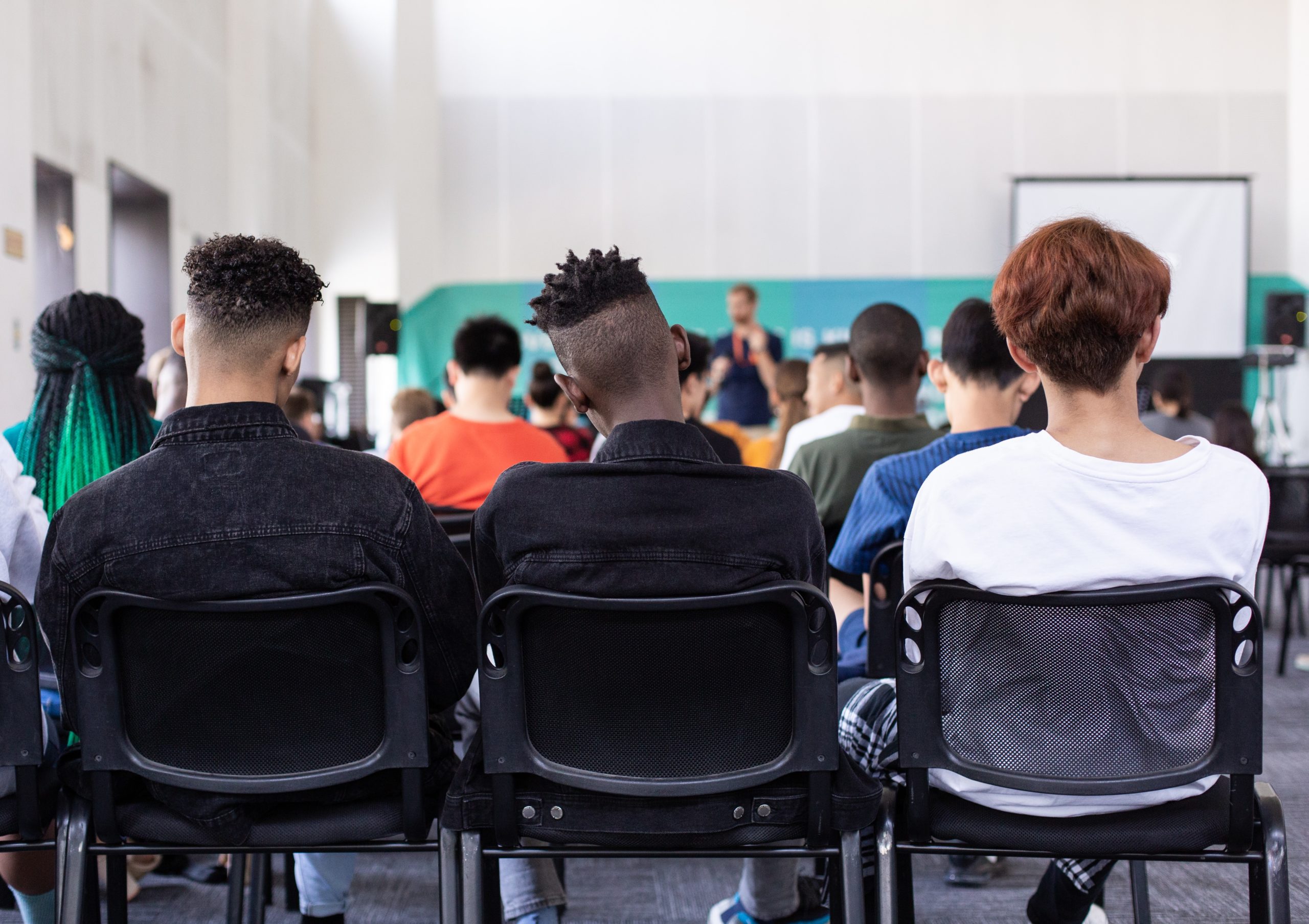“I wasn’t always sure,” Shemeka Frazier Sorrells says of moving with her family last October to her hometown of Brunswick, Georgia, the place of Ahmaud Arbery’s 2020 slaying by white supremacists. The subsequent mismanagement of the case by local officials, particularly law enforcement, according to data, has systematically perpetuated long-held racist ideologies in the area.
Though Sorrells, an African-American Project management professional and licensed mental health therapist, says, “I’m still not sure what it’s going to mean, in terms of raising my daughter here,” she ultimately made the move from Atlanta to Brunswick, “in faith.”
Much of that faith lies within the organization Sorrells co-founded with fellow Brunswick natives called “A Better Glynn.” Following the murder of Arbery in May of 2020, Sorrells and other locals in the community, who were likewise people of action, collectively pooled their professional and political prowess to put their full force against the city’s old guard. They successfully ousted former D.A. Jackie Johnson from office and later demanded that the city commission enlist the National Organization of Black Law Enforcement Executives to aid in their search for a new Police Chief.
While A Better Glynn’s achievements within its first two years as an organization are significant, with ACLU Political Director Chris Bruce saying, “Their batting average is inspiring,” it is important to note the great undertaking for the co-founders and members of A Better Glynn, that is involved with each of their victories, not the least of which was the removal of a confederate monument last week, from a public park.
Sorrells recalls the initial community discussions, in May of 2020, about removing the monument, which stemmed from a conversation about the Confederate vanity plate on the vehicle of Travis McMichael. At the time, he had been filmed shooting Ahmaud Arbery, and he has since been convicted of Arbery’s murder. The dangerous veil, however thin, that Confederate symbology lends to people harboring white supremacist delusions offers them a so-called “lost cause” around which to foment false victimhood.
Following this discussion, John C. Richards, along with input from Elijah Bobby Henderson, and Sorrells, all co-founders of A Better Glynn, drafted a comprehensive proposal for the statue’s removal- citing similar efforts that other states had made to remove relics of the Confederacy. These efforts provided accurate historical context that included the lived experience of African Americans and which delved into the specifics of state laws protecting Confederate monuments.
The proposal was submitted to the former mayor, Cornell Harvey, who decided to form a special committee whose purpose would be to hold meetings about the monument. Upon their conclusion, they would make a recommendation to the city commissioners, who would then make the final decision regarding its fate.
Sorrells, who served on the committee, as well as Richards, describes hearings so rife with conflict, even through Zoom, that a facilitator had to be brought in to assist with communication. The composition of the committee likely contributed to this, which included a Civil War reenactor, a woman whose Facebook posts attested to her belief in eugenics, and the only other person of color other than Sorrells and Richards, a former county commissioner, who, at the final meeting, suddenly changed his previous stance on removing the statue, and cast the deciding vote that the committee would recommend preserving the monument, with additional historical context.
Sorrells was pleased that in subsequent town halls held for public comment, the outcry to remove the monument was overwhelming enough to sway the commission away from the committee’s recommendation. She was also pleased that so many people participated in public comment, as the process unearthed troubling beliefs regarding race as well as power dynamics in the area, which will require more than the elimination of a single statue to remove.
Sorrells attests that during committee meetings, she and Richards were constantly referred to as “outsiders,” who were more or less told that everything had been fine before they started to “cause trouble.” Sorrells says that she believes the root of their mistreatment went beyond general racism and the fact that she and Richards are people of color. There was also the implication given by other committee members that they were people of color who “did not know their place.”
The attitudes of community members combined with small-town power dynamics, according to Sorrells, serve to effectively prevent the working class from upsetting the status quo. n towns like Brunswick, a large number of working-class people work for a few rich people through sometimes unspoken but very real threats to their livelihood.
An example of this abuse of power was brought against George McMichael during his hate crime trial, in which a woman testified to having an “uncomfortable conversation” with McMichael about a Black tenant, whom he referred to by a derogatory name, and whose air conditioning he had cut off, in the middle of summer, because she was late for rent.
Especially when the struggles of class and race intersect, it falls to groups like A Better Glynn to disrupt the status quo on behalf of those who cannot.
While Sorrels says she does celebrate the monument’s removal, she is focused on moving forward, and regarding coming home to Brunswick during this challenging moment in the country’s history, Sorrells says, “If there was any time I would be here, it would be this time.”

0 Comments